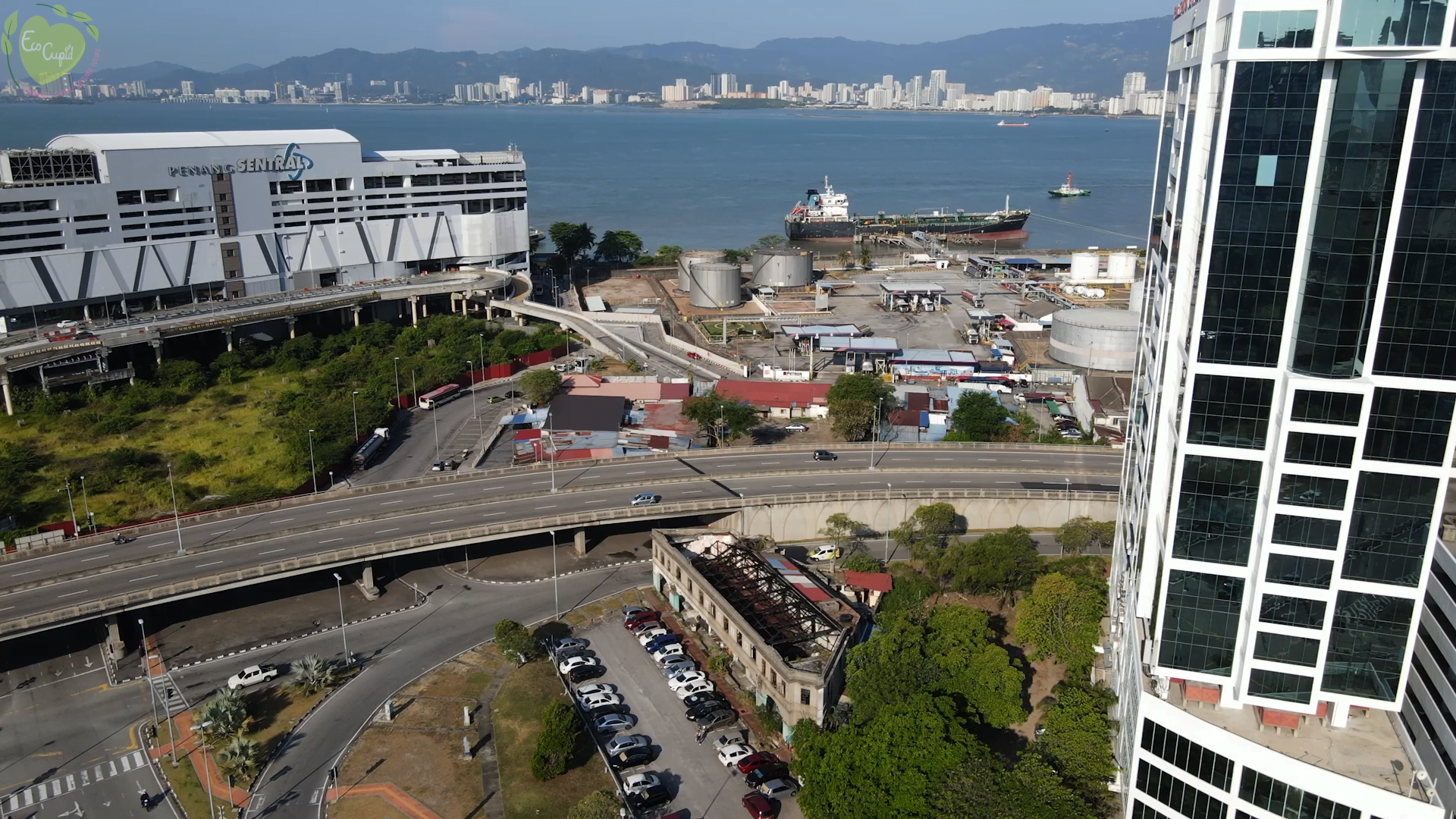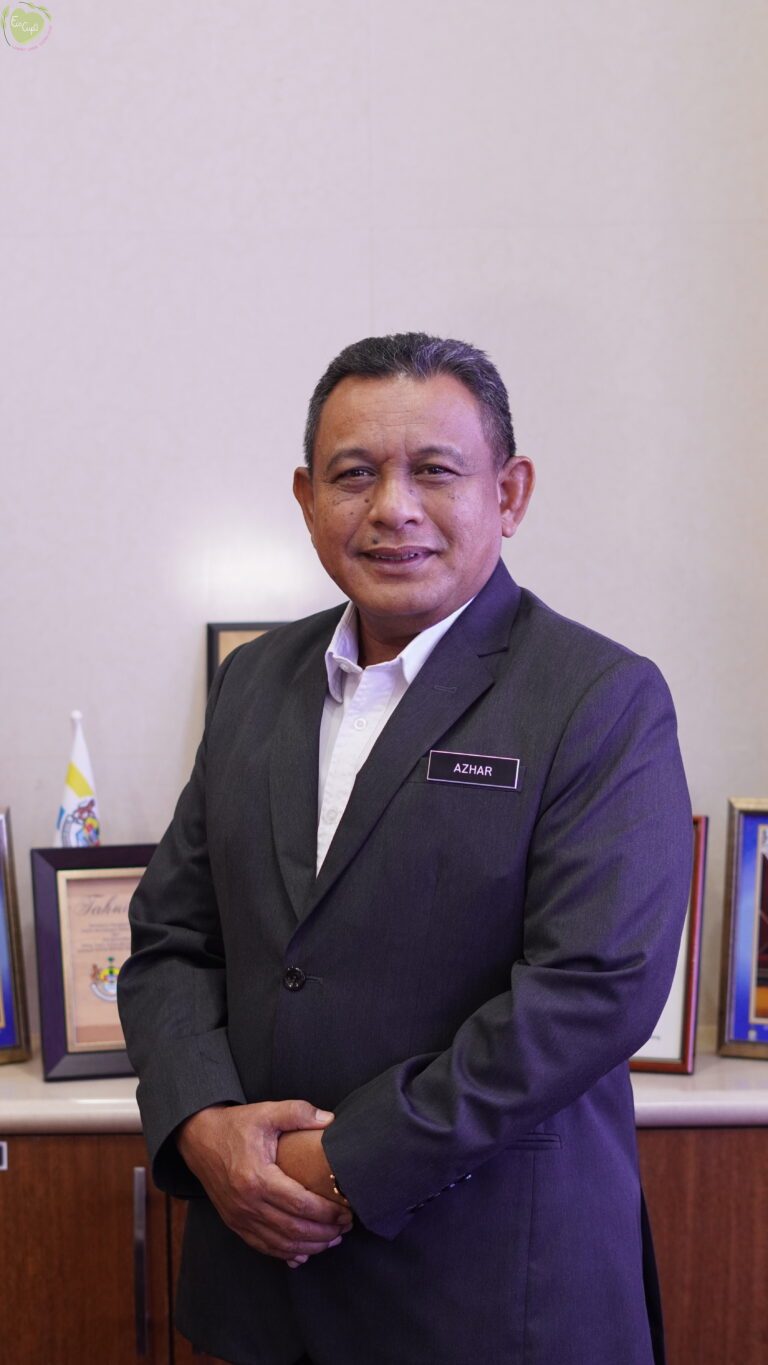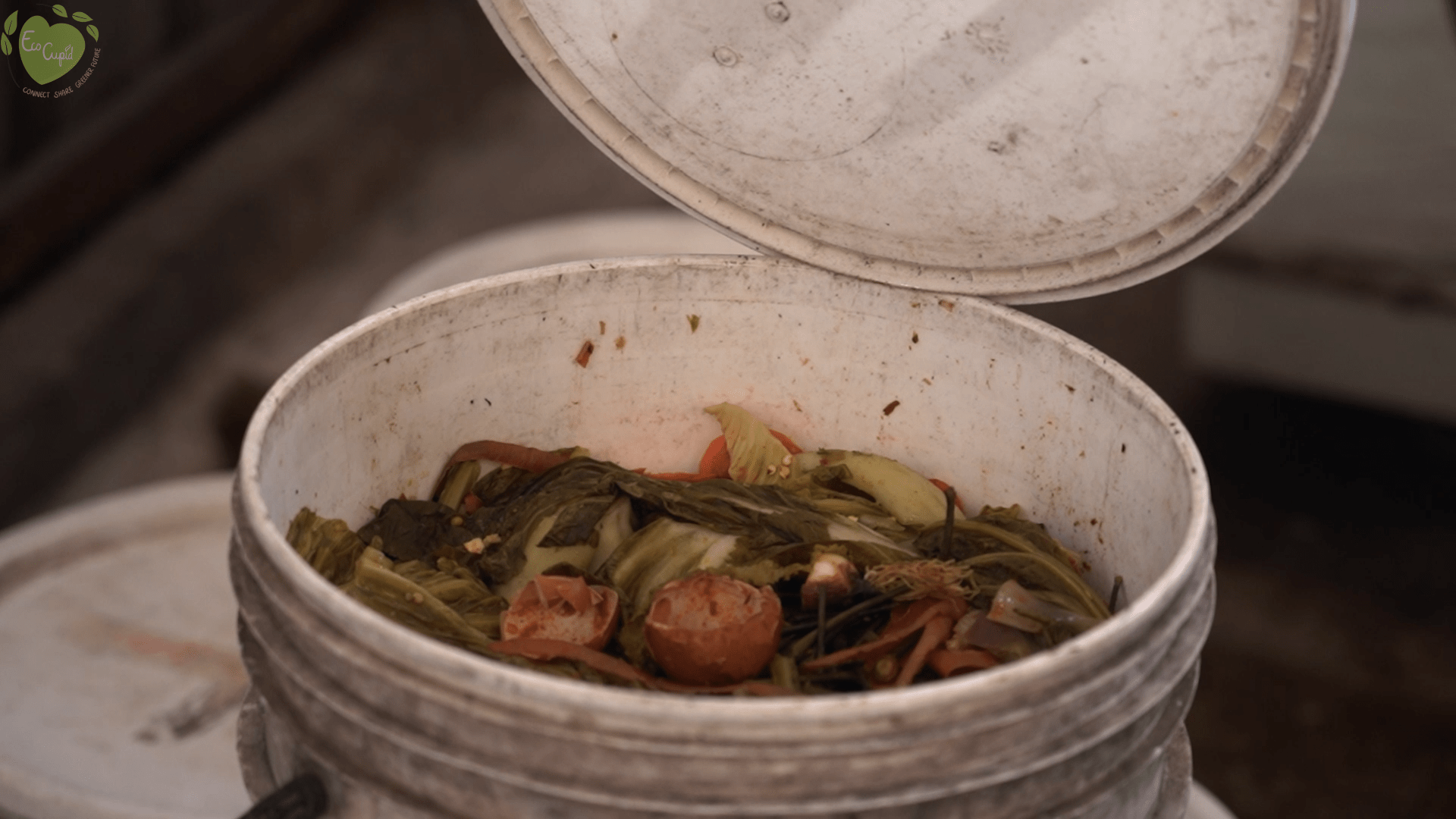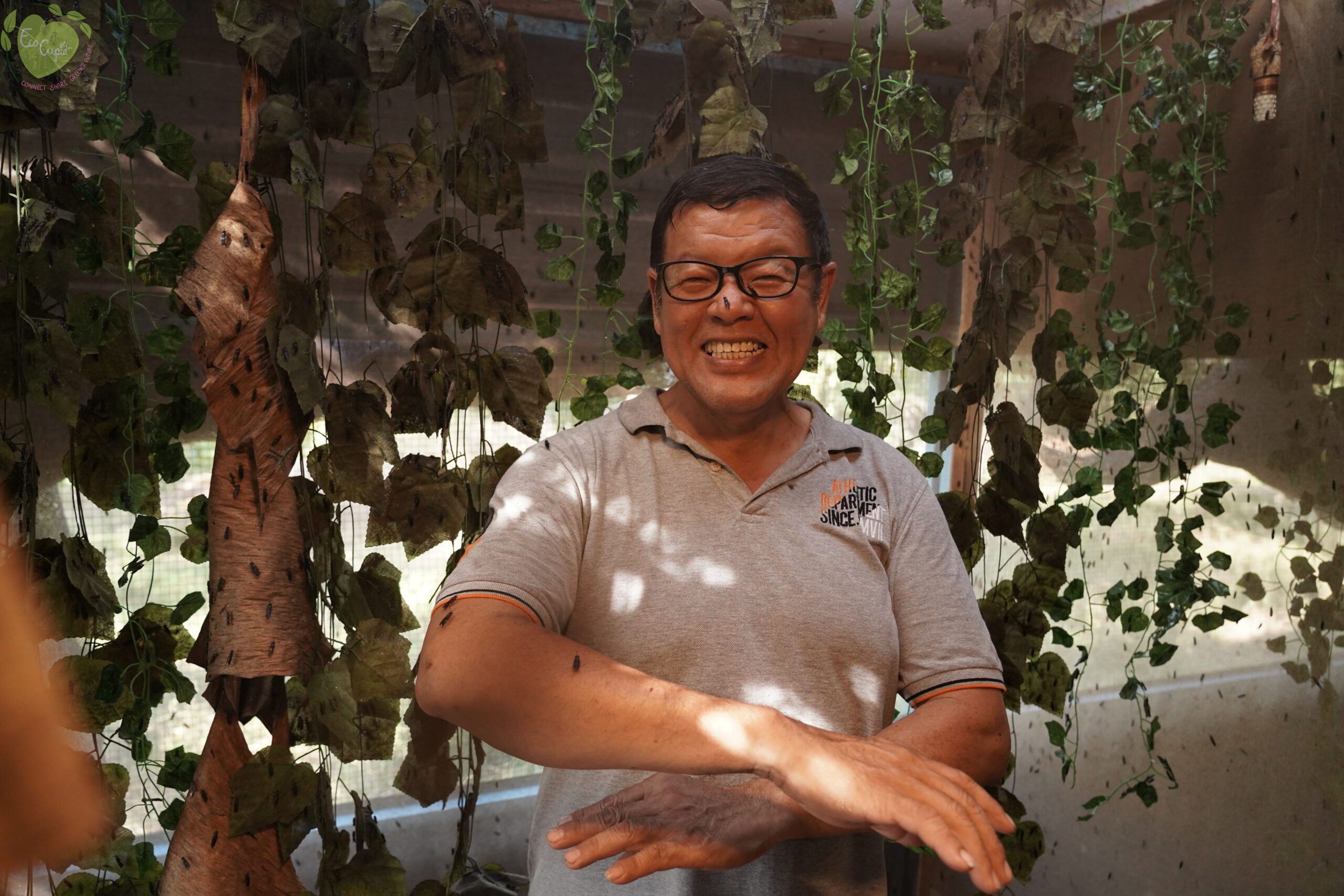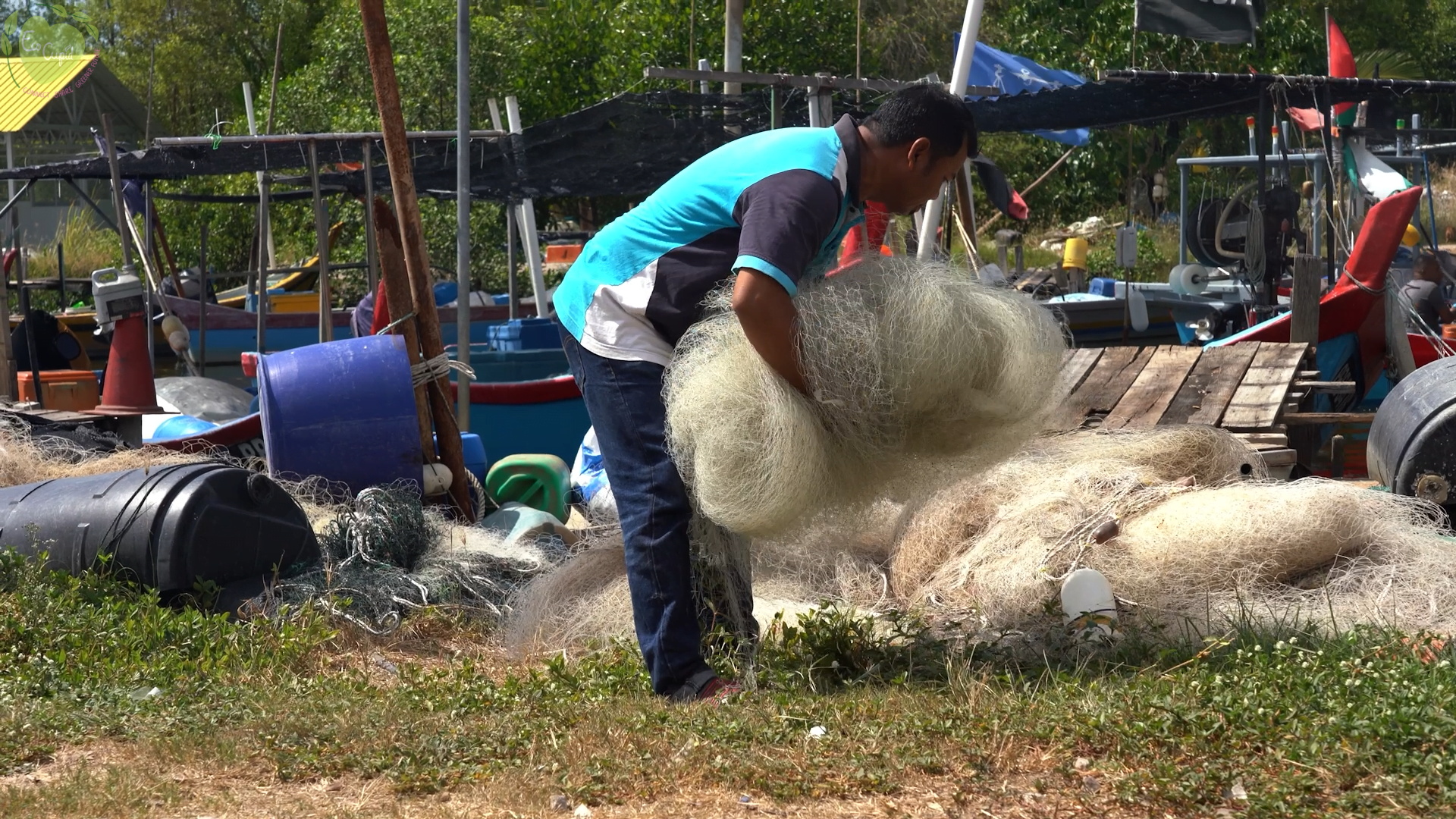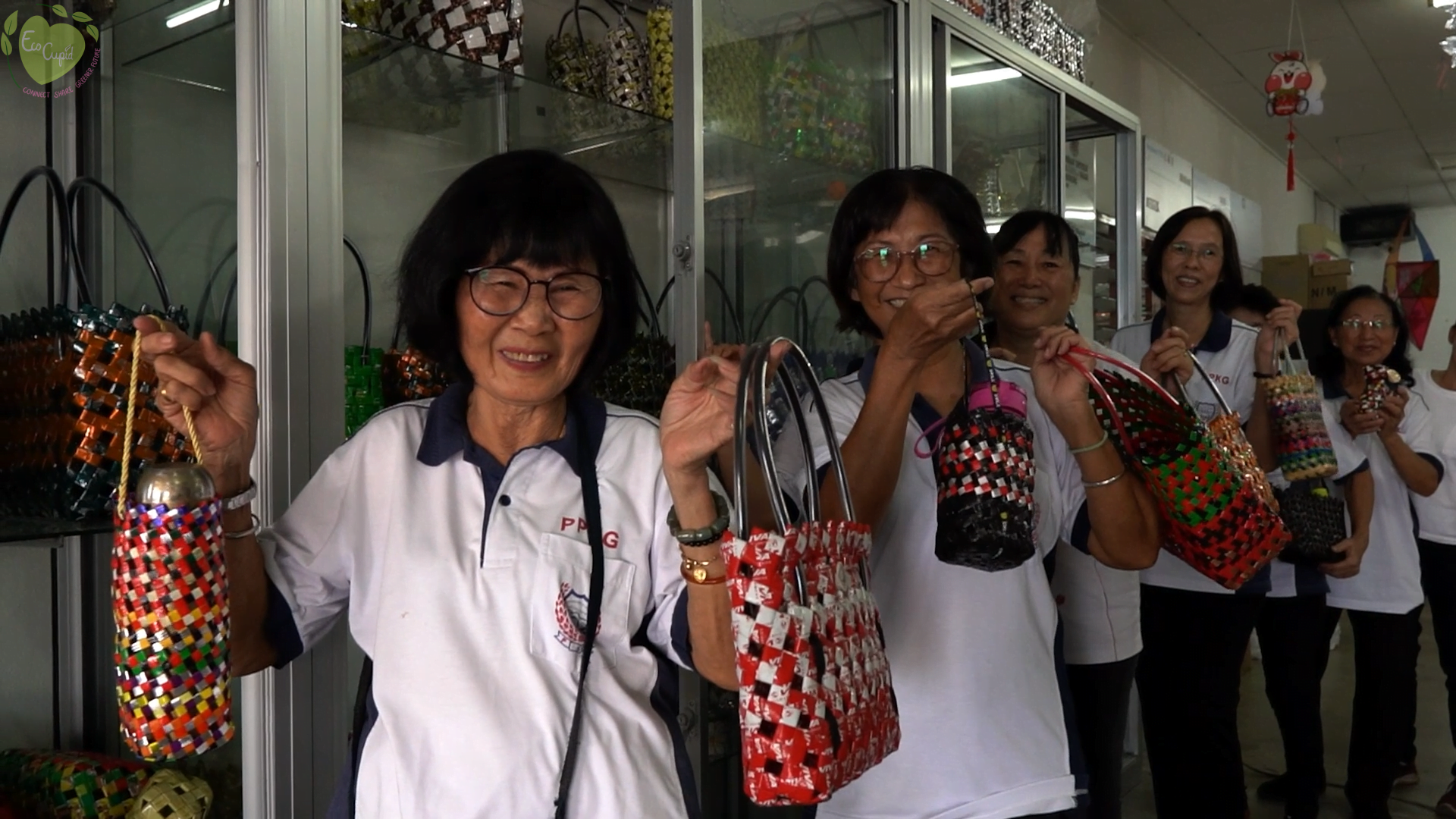Eco-Heroes
Seberang Perai: Malaysia’s Super Waste Management City
1 June 2024
by Bryan Yong
A city council officer enforces the municipal circular economy roadmap by engaging with and encouraging communities, industries, businesses, and schools to carry out waste management initiatives.

